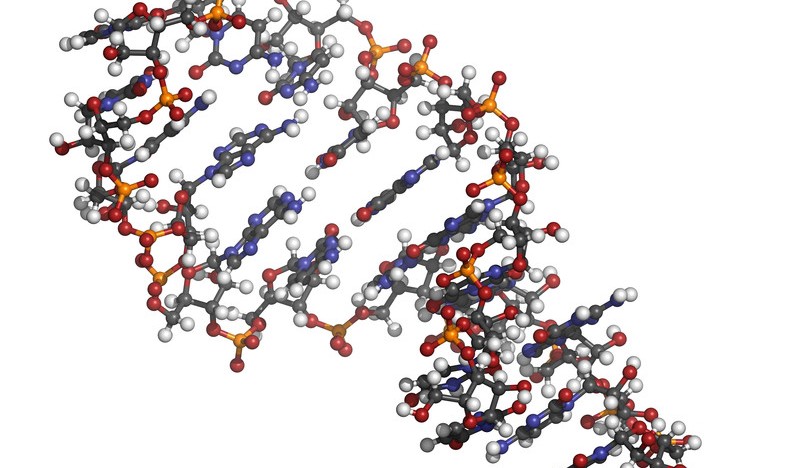New research from the University of California San Francisco suggests how non-invasive breath tests could predict a patient’s likelihood of developing lung cancer. Dr. Daya Upadhyay, Medical Director of the Lung Nodule Program at UCSF, presented her findings at the 2015 American Thoracic Society’s International Conference held in Denver. She focused on MicroRNA (miRNA), a small non-coding RNA molecule found in plants, animals and some viruses, which influences how genes turn on and off.
Dr. Upadhyay’s work tallied miRNA captured in patients’ Exhaled Breath Condensate (EBC). EBC contains droplets of Airway Lining Fluid swept up by turbulence as exhaled air passes over the cells lining the airway. These tiny droplets carry a soupy mix of cell fragments and numerous molecules including miRNA. Several variants of Polymerase Chain Reaction (PCR) analysis can determine miRNA levels in EBC. Continuing advances in PCR-based analytical tools now provide the researcher high sensitivity and specificity for identifying miRNA’s even at very low concentrations. Using these techniques, her group identified a candidate miRNA panel which may predict susceptibility of an individual to lung cancer, help stratify disease progression and differentiate types of cancer.
Examining miRNA in samples of exhaled breath may become especially useful as part of a patient management strategy where a simple non-invasive breath test helps doctors select the patients most at risk of developing lung cancer. These patients, even if completely asymptomatic, can then be examined more closely using diagnostic tests such as Computerized Axial Tomography (CAT) scans whereas they may otherwise have simply continued on with routine clinical observation. This could lead to earlier detection of lung cancer and significantly improve survival rates.
Dr. Upadhyay, also the Director of Translational Research in Medicine at UCSF’s division of Pulmonary, Critical Care and Sleep, continues to lead pioneering research in the field of Exhaled Biomarkers. Her latest abstract is entitled, “Detection of microRNAs Associated with Tumor Dissemination and Drug Resistance in Exhaled Breath in Lung Cancer.” It characterizes levels of specific miRNA’s in EBC which may eventually be used as early predictors of lung cancer. Her prior related abstracts include “Exhaled Breath: Novel Non-Invasive Detection Of Biological Molecular Targets Of Lung Cancer”.
Expanding patient access to better care is a crucial challenge to everyone in this field. Dr. Upadhyay’s findings support this challenge, especially since the infrastructure required to perform this type of analysis is already present in the majority of hospital laboratories today. A simple breath test which could complement current standards of care and allow earlier detection of lung cancer could help millions of people worldwide. This promising field of research continues to grow thanks to the vision and dedication of the research community.
Dr. Upadhyay may be contacted at: dupadhyay@fresno.UCSF.edu with any questions regarding her research.
